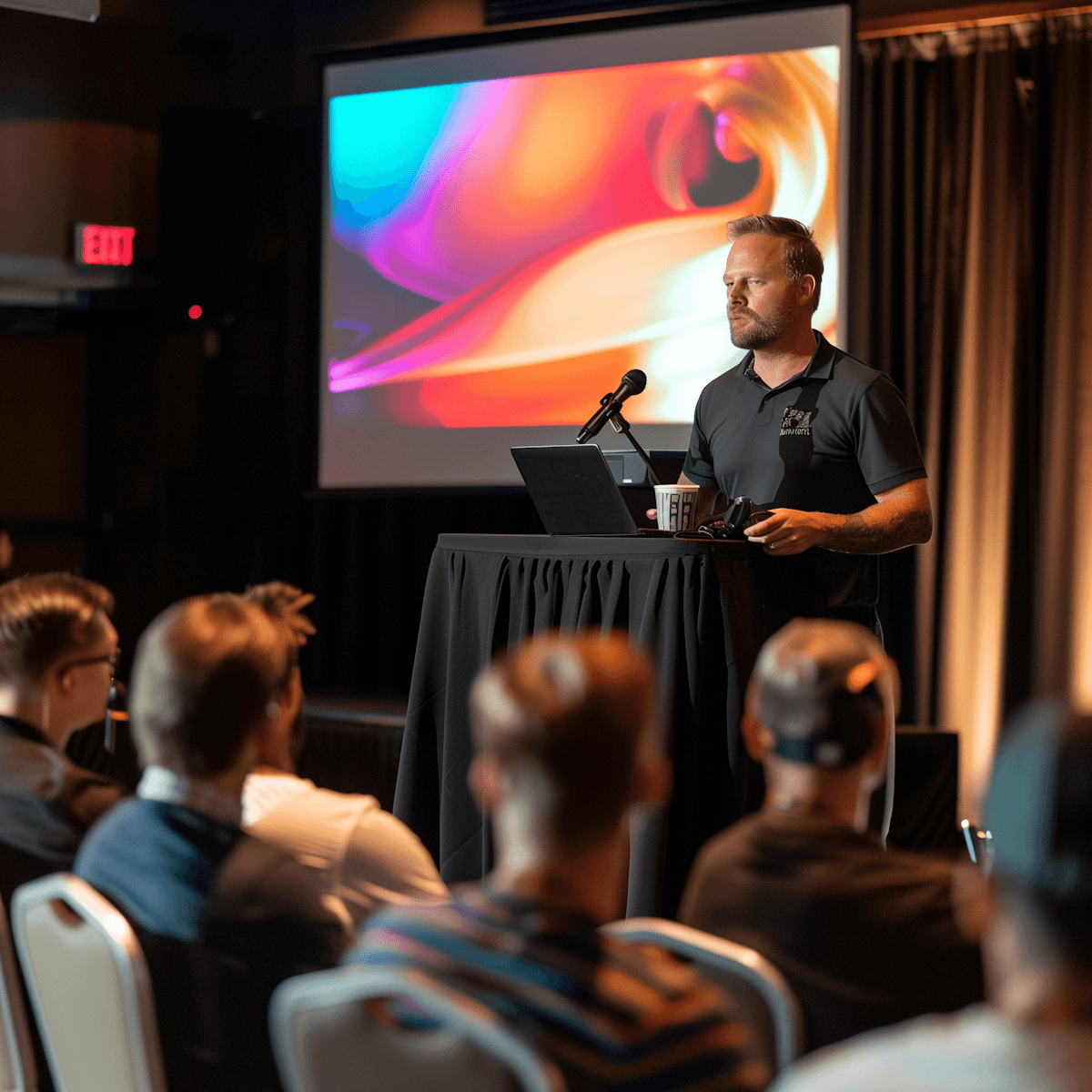How to Conduct a Debriefing
In order to prevent something from happening again, you have to understand why it happened in the first place
Effective learning and insight can be gained from experiences during and after emergencies or exercises. However, there have been concerns—both in recent instances and historically—about the missed opportunities for conducting valuable debriefing sessions.
Effective learning and insight can be gained from experiences during and after emergencies or exercises. However, there have been concerns—both in recent instances and historically—about missed opportunities for valuable debriefing sessions.
This issue often arises from a lack of comprehensive knowledge concerning practical debriefing skills, processes, and procedures among both participants and facilitators involved in the debriefing process. Understanding these elements is essential for improving the effectiveness of debriefings and ensuring that critical lessons are captured and applied.
To achieve effective organisational learning, it is crucial to provide training for individuals who lead debriefing sessions, as well as for those responsible for capturing observations during exercises. Often, observer mentors may not be adequately prepared, which can significantly affect the quality of the observations they record.
By utilising trained observer mentors to capture objective observations, organisations can reduce subjective biases in the process. This approach encourages constructive feedback from participants, ultimately enhancing the learning experience and maximising the opportunity to derive valuable insights from each exercise.
This highly interactive and task-based workshop covers all the crucial aspects of debriefing using the ODCR model (Observation, Discussion, Conclusion and Recommendation) to determine:
What was supposed to happen (PREVIEW by those involved)?
What actually happened (CAPTURE Q&A by Observers)?
Why did it happen? (REVIEW evidence from Observers with Q&A)
What can you learn from your experience? (LEARN from those involved, encouraged by the Chief Observer.)
What will you do with what you have learned (ADJUST by those involved)?
A post-incident debriefing, supported by a report with recommendations and highlighting good practices, may help support your organisation during an inquiry.



